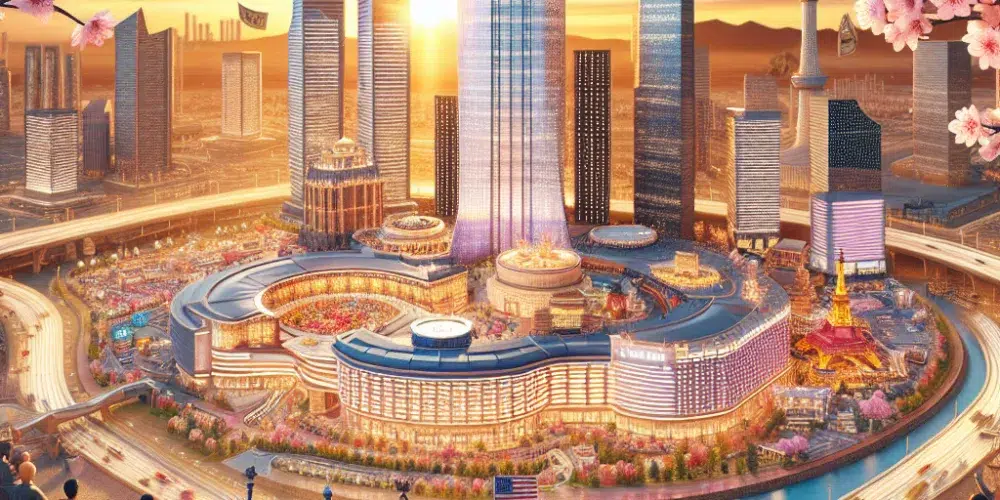In a historic move set to reshape its economic and touristic landscape, Japan has officially granted approval for its first integrated casino resort, marking a significant milestone in the nation’s gaming industry. This development comes as Japan aims to boost tourism and generate substantial revenue streams post-pandemic. Located in Osaka, the project promises to be a major economic boon that could redefine urban development and leisure spending in the region.
The Japanese government’s decision follows years of contentious debates and legislative hurdles concerning gambling addiction and societal impact. However, with stringent policies and regulatory frameworks in place, officials are confidently moving forward. The Osaka resort is slated to open its doors by 2029, featuring a luxury hotel, state-of-the-art casino floors, convention centers, and entertainment arenas.
Economic Impact and Tourism Boost
The introduction of an integrated casino resort is expected to create thousands of jobs and generate significant economic activity. Analysts predict that the Osaka project could attract over 20 million visitors annually, significantly impacting local and national economies. “This development is not just a win for Osaka but for all of Japan,” said Taro Aso, Minister of Finance. “It represents a pivotal shift in our tourism and entertainment sectors and aligns with our strategic initiative to enhance Japan’s global appeal as a premier travel destination.”
Local businesses are also gearing up for the expected influx of tourists. From restaurants to retail shops, the economic ripple effect of the casino resort is anticipated to revitalize the local economy and spur new business ventures and opportunities.
Regulatory Framework and Social Responsibility
The Japanese government has put forth a rigorous regulatory framework to govern the operation of casino resorts. This includes measures to combat gambling addiction, such as mandatory identification and tracking systems at casino entries and limiting the number of visits for local residents. Additionally, a significant portion of the revenue generated by the casinos will be allocated to public welfare and community projects.
“Ensuring a balanced approach to economic growth and social welfare is paramount,” noted Aso. “We have studied the best practices globally and are committed to implementing a sustainable and responsible gambling environment.”
Cultural and Environmental Considerations
One of the notable aspects of the Osaka project is its attention to cultural integration and environmental sustainability. The resort design includes traditional Japanese architectural elements and landscapes that reflect local heritage and ethos. Moreover, the project pioneers environmental sustainability in construction and operations, aiming to achieve a minimal carbon footprint and promote green initiatives.
Global Industry Perspective
The move by Japan to open up its market to casino tourism is part of a broader trend observed across Asia, with countries like Singapore and the Philippines experiencing substantial economic benefits from integrated resorts. Industry experts believe that Japan’s entry into this market could potentially change the dynamics in Asian casino tourism and create a competitive environment that fosters innovation and enhances tourist experiences.
“Japan’s entry is poised to be a game-changer,” said Andrew Scott, CEO of Global Gaming Asset Management. “It could redefine market standards and inspire a new wave of development in technology and service offerings in the gaming and hospitality industry across Asia and beyond.”
Conclusion
As the countdown to the opening of Osaka’s new integrated casino resort begins, all eyes will be on Japan to see how this bold move will play out in terms of economic growth, tourism, and social impact. With careful planning and regulation, this initiative could set a new benchmark for the global casino and hospitality industry, making Japan a shining example of how to balance economic aspirations with social and cultural responsibilities.



